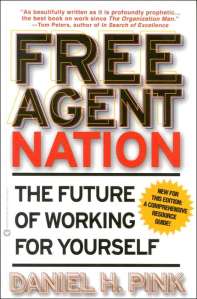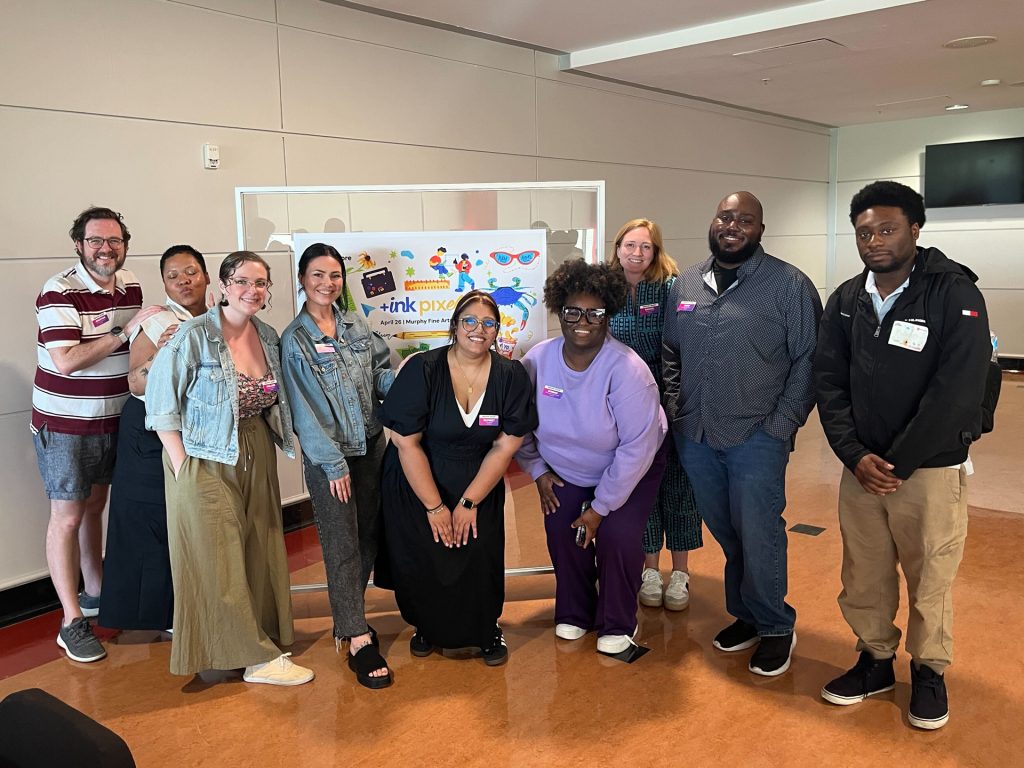Watching the NFL Playoffs, and the loss of the Baltimore Ravens, had me taking in the way the analysts discussed the loss. But more importantly, how they wasted no time in discussing the makeup of next season’s team. The old adage of “not for long,” being an acronym for NFL, has never been more true than in the modern game.
The way the game works nowadays, a player grows into a role, and if upon becoming relatively indispensable in their early career, they test the “free agent” market and they’re often gone to the competitor in a flash. That’s perhaps the truest test of how indispensable one is in the NFL. Will they keep the promising guy? On one end, we’d have a franchise player and on the other end, we have the journeyman who fills a role.
Without a doubt, each player on the team needs to know not only how integral their role in the team is: Are you playing for the long-term contract or are you playing (to impress) for your next team? Furthermore, they need to know what the team’s metrics dictate regarding these decisions as well. (Does the current team have a chance to make the playoffs? Does the current team have enough money to pay me what I’m worth?)
Similarly, the creative world has grown the same way. Many of the new economy experts say there is increased emphasis focus on assembling teams that evolve with laser specificity to certain projects and dissolve more fluidly. But you know this already. Environments that inoculate the creative from the stark realities of business are becoming more and more rare.
It feels like a million years ago that advertising stalwart, Eisner & Associates, suddenly closed its doors, leaving clients, suppliers and employees twisting in the wind. While that’s the extreme scenario, creatives have entered the free agent nation as well. Smaller teams for many projects just may be the new normal.
 I recently worked on a design project where I felt like one of the cast from Ocean’s Thirteen: A group of folks on a conference call whom I would never know, anchored together with specific tasks to perform, a decent project and a project coordinator. Each person bringing something to the project to make it work.
I recently worked on a design project where I felt like one of the cast from Ocean’s Thirteen: A group of folks on a conference call whom I would never know, anchored together with specific tasks to perform, a decent project and a project coordinator. Each person bringing something to the project to make it work.
The new economy is pushing us this way. With the American GDP estimating a weak recovery so far, after a disastrous two years, watching the bottom line is what everyone’s doing. Evil Catbert HR directors routinely are trying to figure out how to get your work done without you doing it. Businesses will hire from anywhere. What’s not made in China is even rarer. The bottom line is the top priority.
So, it’s not a surprise when a creative colleague gets that meeting—the kind of meeting at the end of Wall Street (the original)—where one’s walking into the office and everyone is whispering about the impending changes immediately coming to the company. Of course, let’s substitute Charlie Sheen’s character being arrested for being laid off at the end of the movie.
The new economy is about bringing on people who can “do that (special) thing you do” the way Richard Price, the author of Clockers, was brought in to David Simon’s The Wire. as told in an interview on NPR. “That thing you do,” of course, is something that shows a special creative insight that inspires and attracts attention. His was the aforementioned book. What is yours?
“The fundamental unit in today’s economy is the individual, a.k.a. YOU! Jobs are performed by temporary networks that disband when the job is done. So to succeed you have to think of yourself as a freelance-contractor—BRAND YOU! Someone who is savvy, informed, always learning and growing, who knows how to sell herself, and—most important—does work that matters.” — Tom Peters, the Brand You 50.
 It’s wholly important that the creative professional hone their skills whether they area a franchise player or a free agent, because in the end, we are all free agents, as nothing is promised. This is the driving ethic behind initiatives like AIGA Baltimore on Behance, a curated page for the AIGA Baltimore audience, or recent events such as Critique Hash Brown, one of which took place recently.
It’s wholly important that the creative professional hone their skills whether they area a franchise player or a free agent, because in the end, we are all free agents, as nothing is promised. This is the driving ethic behind initiatives like AIGA Baltimore on Behance, a curated page for the AIGA Baltimore audience, or recent events such as Critique Hash Brown, one of which took place recently.
Taking the opportunity to hone your skills or going the extra mile to develop new ones keeps your creative energy focused so that someone wants you to do that special thing you do.

